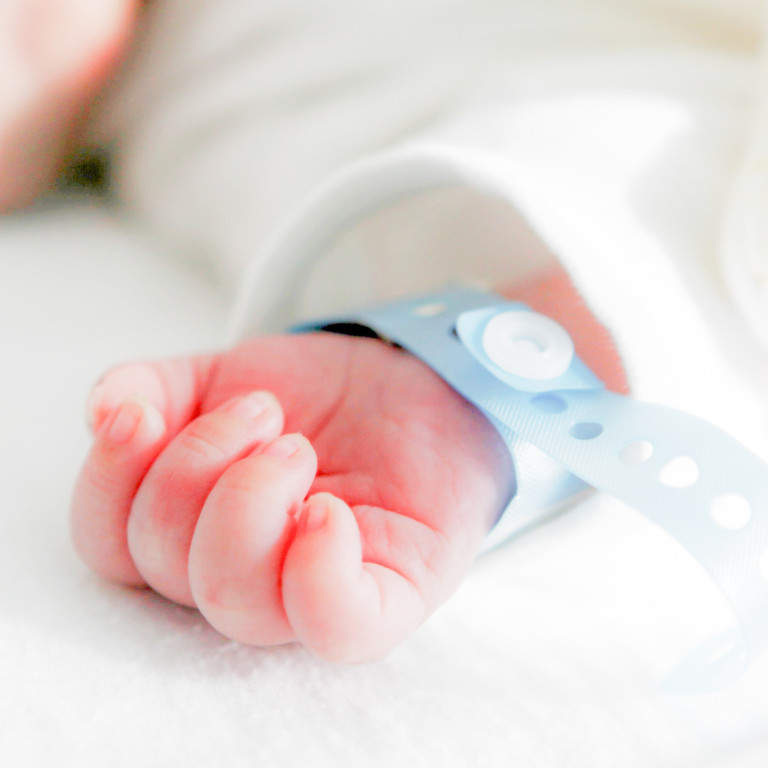The aim of the Early Notification Scheme (ENS) is to investigate serious incidents relating to birth early, to learn from mistakes made and to prevent similar incidents happening in the future. This is entirely right and to be admired. However, the difficulty with trying to resolve cases involving children with brain injury at an early stage is that their claims are complicated and ENS is not set up to address all of the complexities involved.
In our experience, such children, will have not only complex needs, but those needs will evolve over time. As such, some of those needs may not be capable of being included in a financial settlement which is agreed at too early a developmental stage in the child’s life. An example of this occurs when therapeutic cooling is used to treat babies who have to be resuscitated at birth because they have been deprived of oxygen, which has caused brain injury.
Therapeutic cooling is a major breakthrough which has spared many babies from the physical injuries that would otherwise occur. As a result, they may appear to be doing well developmentally and meeting milestones in the early stages. However, in our experience, some of these children may go on to develop behavioural and emotional challenges, learning difficulties and other problems as they get older, all as a result of their original brain injury.
Neuropsychologists refer to this as sleeping, or hidden effects and report that it is not at all uncommon for the brain to recover well and the child to appear quite normal initially, only for problems to emerge in later phases of childhood and adolescence.
This means that there are real risks of under compensation if the claim of a child, who has been therapeutically cooled, is settled through the ENS. The child is still very young and the nature and extent of the child’s needs are not fully apparent and therefore cannot be properly compensated for. If this happens, a child could well be denied compensation needed to meet lifelong complex needs, such as specialist care, education, therapeutic input, equipment, accommodation and potentially loss of earnings.
Why do you need independent legal advice if you have been contacted under the ENS?
It should be remembered that the people investigating the incident and then deciding what amount of compensation should be awarded under ENS are solicitors on a panel appointed by NHS Resolution. NHS Resolution acts for the NHS hospital trust which caused the child’s brain injury.
Simply put, if you do not obtain independent legal advice and representation, then there is a risk that your child may not get the level of compensation needed to put them in the position they would have been in if the injury had not occurred.
If you or your child has been injured following the birth of a baby and you are concerned about the care you received, we recommend that you seek specialist advice from us.
We manage families, who seek our help, with compassion, sensitivity and empathy and we signpost them to resources which may help them. Where possible, we seek to get an early admission of liability if indeed their child’s injuries were avoidable. If an early admission is possible, we set up case management and therapy support for the child whilst the investigation into what compensation the child should receive is ongoing.
Take a look at our what is the NHS’s Early Notification Scheme insight here.
How can we help
If you or your family have suffered because of medical negligence, we’ll help you to rebuild your life for the future. Contact us today and let us help you.







